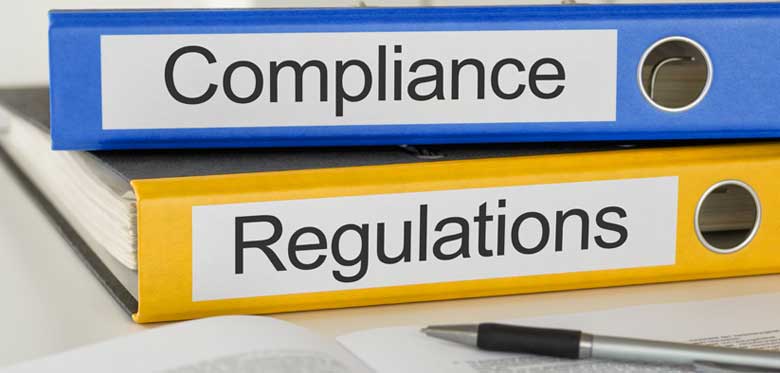In January 2019, the Health and Care Professions Council (HCPC) launched its new threshold policy. This replaced the HCPC’s previous standards of acceptance policy.
The new policy launched on 14th January 2019 and sets out a new approach to how the HCPC investigate fitness to practise concerns. In particular, it addresses how decisions are to be made in the early stages of the investigation process. The policy was effective immediately and applied to existing fitness to practise cases, as well as any new concerns received from 14th January 2019.
The threshold policy aims at supporting the HCPC in identifying the cases that raise fitness to practise concerns and require investigation. The HCPC state within the policy that it upholds their core purpose of maintaining public protection by allowing the HCPC to make fair, transparent and consistent decisions whilst also managing their resources effectively.
The policy makes clear that the HCPC investigate concerns independently and objectively, taking a proportionate risk-based approach. This is with the view to ensuring that any decisions made are correct, consistent, evidence-based and fair.
There are numerous steps to the HCPC fitness to practise process, however, the threshold criteria becomes relevant at the second stage: initial investigation stage and threshold criteria. At the initial triage stage, a simple assessment is undertaken as to whether the concern raised is within the HCPC’s remit and if so, it will be referred on for an initial investigation.
Initial investigation stage and threshold criteria
At this stage, the HCPC will carry out an initial investigation in order to obtain all relevant information about the concern. Once all of the relevant information has been gathered, the HCPC will then apply the threshold test. This is whether the concern they have received, and any associated information gathered, amounts to any allegations that the registrant’s fitness to practise may be impaired.
The main criteria that is taken into account to assess whether the information received by the HCPC meets the threshold test, includes:
- The actual or potential risk to public safety
- Whether the matter may undermine public confidence in the profession
- Whether the matters complained of could amount to a breach of HCPC’s standards of conduct, performance and ethics, standards of proficiency and other relevant guidance for registrants
- Whether the matter is a serious concern of the type listed below
- Whether the information calls into doubt the registrant’s honesty or integrity
- If the registrant has a physical or mental health condition that may present a risk to their ability to practise safely or effectively
- Whether the matter relates to an isolated incident or indicates a wider pattern of behaviour
- If the registrant has taken action to remediate their practise
- Whether there have been previous, similar concerns about the registrant; and
- Any other public interest considerations.
The HCPC will also consider the length of time that has passed since the incidents, as it may call into question the quality and availability of relevant information. This in turn may affect whether the information obtained meets the threshold. For example, concerns from five years ago may not meet the threshold.
If the threshold test is met, the HCPC will draft allegations based on the information obtained. The allegations would then be referred to a panel of the HCPC investigating committee, who decide if there is a case to answer.
However, it should be noted that serious concerns will always meet the threshold criteria and will pass automatically to the HCPC’s investigating committee panel. These concerns may include: serious violence, sexual assault or indecency, any criminal offence relating to a child, an improper sexual, emotional or financial relationship with a service user, any criminal offence resulting in a custodial sentence, dishonesty, and serious or reckless errors in practise which have caused, or have the potential to cause, serious harm to service users. As such, these types of cases cannot be closed until the HCPC’s investigating committee make a decision on whether there is a case to answer.
During an investigation, it is also important to note that the HCPC has the power to apply for an interim order suspending or restricting a registrant’s practise during the investigation. The HCPC will do this in cases where they consider the concerns are so serious that public safety would be put at risk, or there would be a risk to the public interest or to the registrant themselves, if they were allowed to continue to practise.
At Stephensons, we have a team of specialist HCPC fitness to practise lawyers, who have extensive experience in representing and advising professionals registered with the HCPC who are subject to HCPC investigations and fitness to practise proceedings. If you find yourself in a situation where your fitness to practise is being investigated, we have a dedicated team who will be able to assist you. For more information, call our specialist HCPC lawyers now on 01616 966 229.
(Policy can be found here.)



Comments